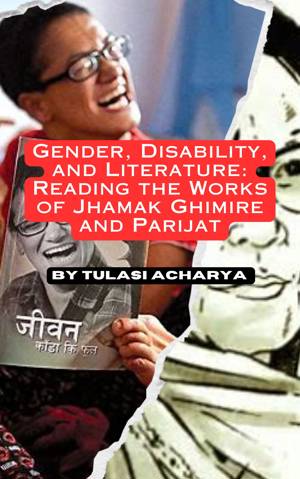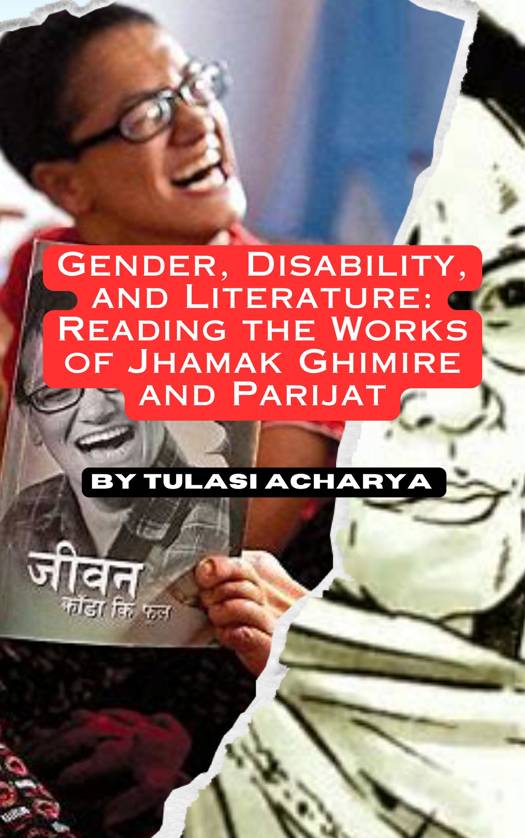
- Afhalen na 1 uur in een winkel met voorraad
- Gratis thuislevering in België
- Ruim aanbod met 7 miljoen producten
- Afhalen na 1 uur in een winkel met voorraad
- Gratis thuislevering in België
- Ruim aanbod met 7 miljoen producten
Gender, Disability, and Literature: Reading the Works of Jhamak Ghimire and Parijat E-BOOK
Tulasi AcharyaOmschrijving
This book explores gender, disability and literature in the Global South concentrating on Nepal in particular. Religious and cultural values disable women's autonomy in general, and create even greater disadvantages for women who are physically disabled. This study examines two Nepali women writers Bishnu Kumari Waiwa and Jhamak Ghimire who challenge stigmas of the disabled body by deconstructing the "ideology of ability" through their autobiographical narratives. They do this by celebrating sexuality and disability as sources of creativity, agency, and identity in narratives that deconstruct cultural or social models of sexuality, motherhood, and beauty. In this thesis feminist disability and feminist theory guide an analysis of Waiwa and Ghimire's writing to advance our understanding of gender, culture, disability and literature in the Global South.
Specificaties
Betrokkenen
- Auteur(s):
- Uitgeverij:
Inhoud
- Taal:
- Engels
Eigenschappen
- Productcode (EAN):
- 9798215365014
- Verschijningsdatum:
- 28/03/2023
- Uitvoering:
- E-book
- Formaat:
- ePub

Alleen bij Standaard Boekhandel
Beoordelingen
We publiceren alleen reviews die voldoen aan de voorwaarden voor reviews. Bekijk onze voorwaarden voor reviews.












